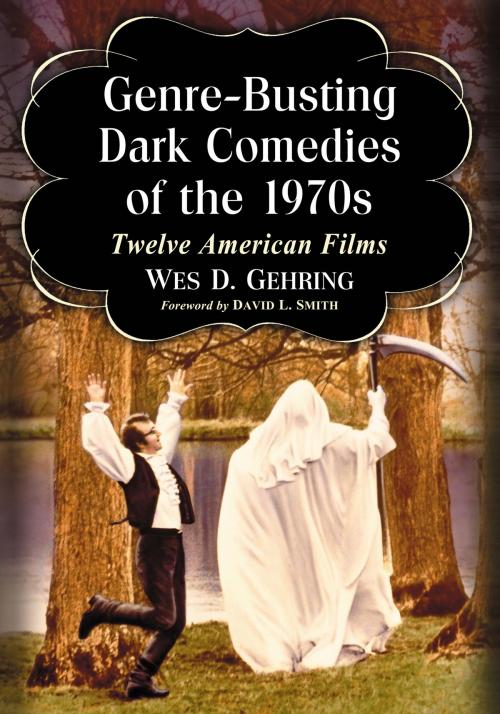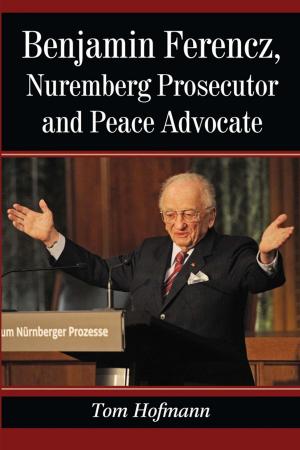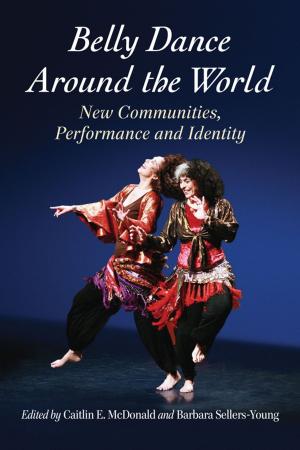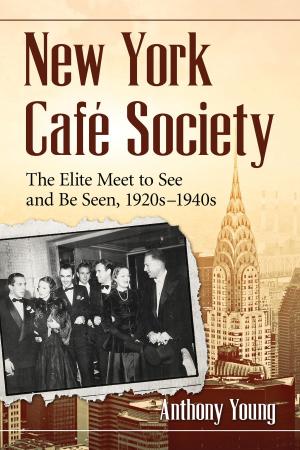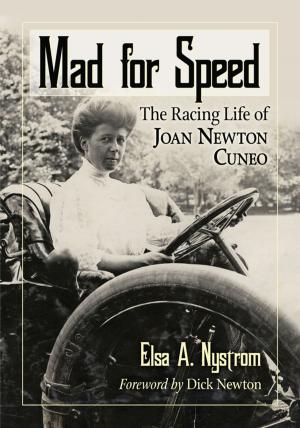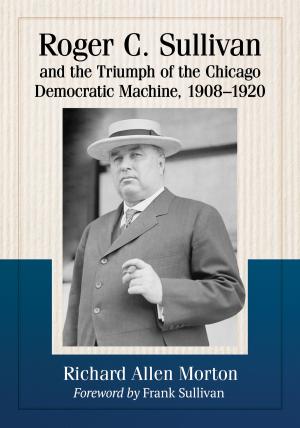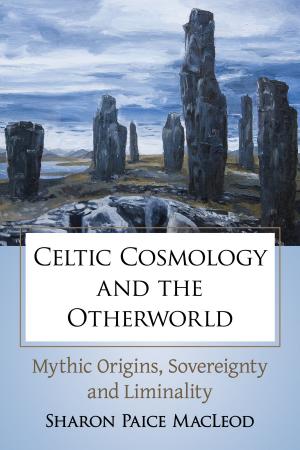Genre-Busting Dark Comedies of the 1970s
Twelve American Films
Nonfiction, Entertainment, Performing Arts, Film, Social & Cultural Studies, Social Science, Cultural Studies, Popular Culture| Author: | Wes D. Gehring | ISBN: | 9781476622514 |
| Publisher: | McFarland & Company, Inc., Publishers | Publication: | March 9, 2016 |
| Imprint: | Language: | English |
| Author: | Wes D. Gehring |
| ISBN: | 9781476622514 |
| Publisher: | McFarland & Company, Inc., Publishers |
| Publication: | March 9, 2016 |
| Imprint: | |
| Language: | English |
This examination of dark comedies of the 1970s focuses on films which concealed black humor behind a misleading genre label. All That Jazz (1979) is a musical...about death—hardly Fred and Ginger territory. This masking goes beyond misnomer to a breaking of formula that director Robert Altman called “anti-genre.” Altman’s MASH (1970) ridiculed the military establishment in general—the Vietnam War in particular—under the guise of a standard military service comedy. The picaresque Western Little Big Man (1970) turned the bluecoats vs. Indians formula upside-down—the audience roots for the Indians instead of the cavalry. The book covers 12 essential films, including Harold and Maude (1971), Slaughterhouse-Five (1972), One Flew Over the Cuckoo’s Nest (1975) and Being There (1979), with notes on A Clockwork Orange (1971). These films reveal a compounding complexity that reinforces the absurdity at the heart of dark comedy.
This examination of dark comedies of the 1970s focuses on films which concealed black humor behind a misleading genre label. All That Jazz (1979) is a musical...about death—hardly Fred and Ginger territory. This masking goes beyond misnomer to a breaking of formula that director Robert Altman called “anti-genre.” Altman’s MASH (1970) ridiculed the military establishment in general—the Vietnam War in particular—under the guise of a standard military service comedy. The picaresque Western Little Big Man (1970) turned the bluecoats vs. Indians formula upside-down—the audience roots for the Indians instead of the cavalry. The book covers 12 essential films, including Harold and Maude (1971), Slaughterhouse-Five (1972), One Flew Over the Cuckoo’s Nest (1975) and Being There (1979), with notes on A Clockwork Orange (1971). These films reveal a compounding complexity that reinforces the absurdity at the heart of dark comedy.
